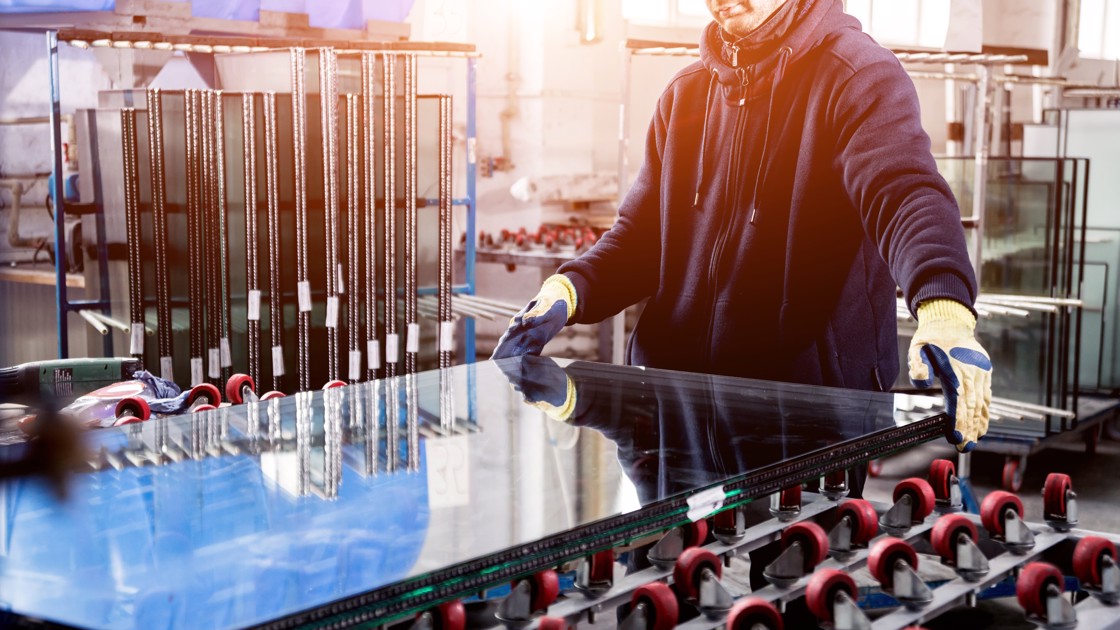On 20 October, the European Economic and Social Committee (EESC) adopted the own-initiative opinion 'Glass in Europe at a crossroads: delivering a greener, energy-efficient industry, while enhancing competitiveness and maintaining quality jobs'. IndustriAll Europe affiliates in the newly formed Basic Materials Network welcomed the recommendations for a strong glass sector:
- political and financial support for capital and operational expenditures to secure the energy transition
- ambitious goals for the EU’s Renovation Wave
- switch to fully circular, reusable and recyclable glass
- new EU policies for strategic value chains, e.g. to restart the production of photovoltaic cells in Europe
- investment in education and training to provide new and young workers with the necessary knowledge and capabilities, as well as to enable current workers to keep up with innovation and transitional changes in the industry
- protect the European glass industry against the risk of carbon leakage
Luc Triangle, industriAll Europe General Secretary:
Trade union representatives in the network ask for a stronger regional approach: in many European regions, glass works are located in structurally weak areas. Maintaining these industrial workplaces is of utmost importance. However, for smaller companies in these regions, the investments to cut emissions are particularly challenging, especially in critical infrastructure such as hydrogen pipelines. Financial and regulatory support is needed.
Luc Triangle:
“Financial instruments like Carbon Contracts for Difference* may not suffice in this context. Policy makers and industry must work together to find solutions. Without the preservation of jobs in weaker regions, there will be no acceptance of the climate goals.”
All participants call for a strong social dialogue in the glass sector to manage the transition on regional, national and European level.
Contact: Maike Niggemann (policy adviser)
*Carbon Contracts for Difference offer the EU the opportunity to guarantee investors in innovative climate-friendly technologies a fixed price that rewards CO2 emission reductions above current emissions trading prices.
